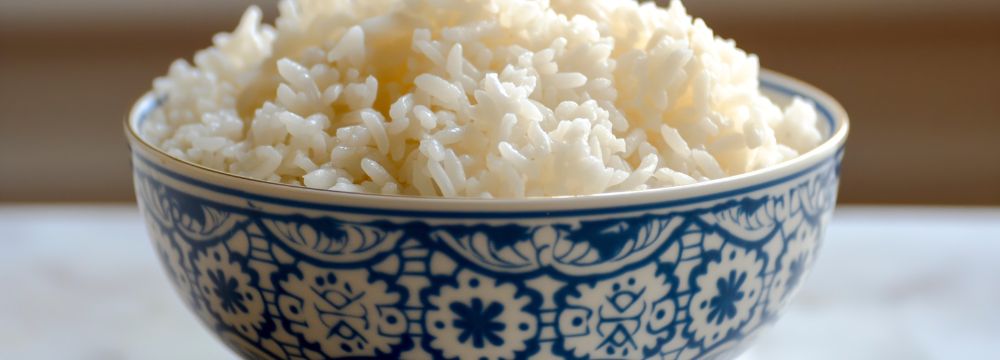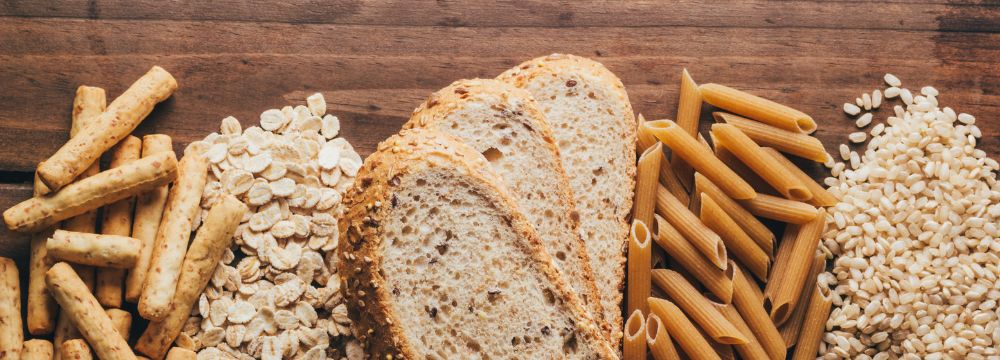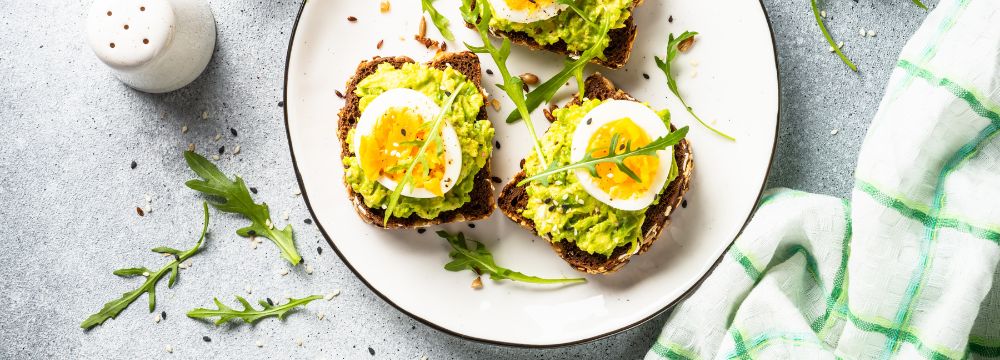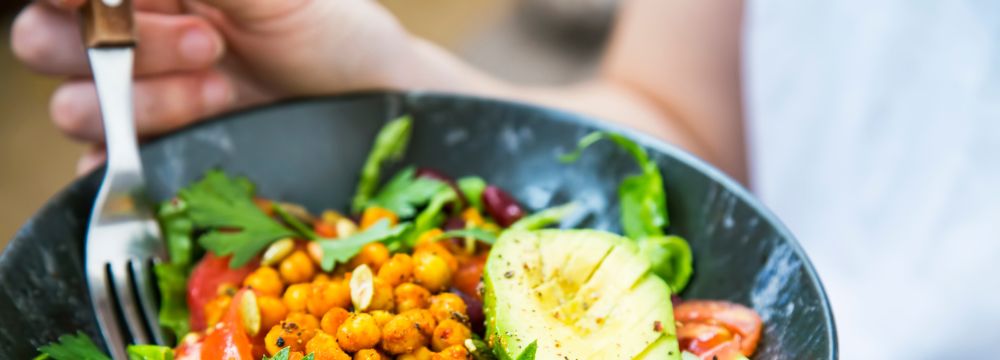
In the world of bariatrics, rice often gets a bad name, quite rightly so sometimes. After all, it’s delicious and can quickly become a calorie bomb that takes you well off track. It’s so easy to enjoy that we are often surprised by how much we consume.
But what if we told you there’s a way to enjoy the rice yet consume far fewer calories than you think? Well, scientists have cracked the code! Amazingly, by employing a simple cooking trick, you can make rice much healthier.
College of Chemical Sciences in Sri Lanka researchers presented data at the American Chemical Society’s national meeting showing that adding just a teaspoon of coconut oil to every half cup of rice and cooking for 40 minutes gets you halfway to rice nirvana!
Importantly, once cooked, the rice needs to be refrigerated for 12 hours or more. During this time, some of the digestible starches in the rice are converted into resistant starch (a compound the human body cannot digest), leading to a 50% reduction in calories and a significant bump in fiber-like content. This is an excellent solution for the gut and your weight!
Does That Mean I Can Eat as Much Rice as I Want?
Ultimately, you can’t eat as much rice as you want, though this certainly makes rice more palatable in the bariatric diet.
First, it’s important to remember that white rice is a primarily empty carb that may fill you up but will not give you the nutrition you need. And with limited stomach space after bariatric surgery, you must consume far more nutrient-dense foods first – especially protein. It’s crucial that you do not eat a significant amount of rice or other starches before getting your protein intake.
Second, one significant concern about rice is what we eat with it. Often, the food that accompanies rice is highly caloric and quite sugary. Be sure to consider your whole meal—don’t cut calories on one end only to consume them in even greater quantities elsewhere.
Lastly, the digestible starch that remains in white rice, even after cooking it according to this method, may make you hungrier as it converts into sugar. It may promote a craving for sugary foods and work against your goal of putting diabetes into remission once and for all.
The Bottom Line
This cooking method is a welcome discovery for many of us who wish to enjoy a little more rice in our diets but worry about the potential caloric disaster. However, as with every other part of the bariatric diet, regulating your carb intake is key. While we are encouraged by this development, we still preach moderation in everything our patients eat, both healthy and less so. Bariatric surgery is not a life sentence of only having bland foods you hate, but it is an exercise in regulating what you eat and drink.









